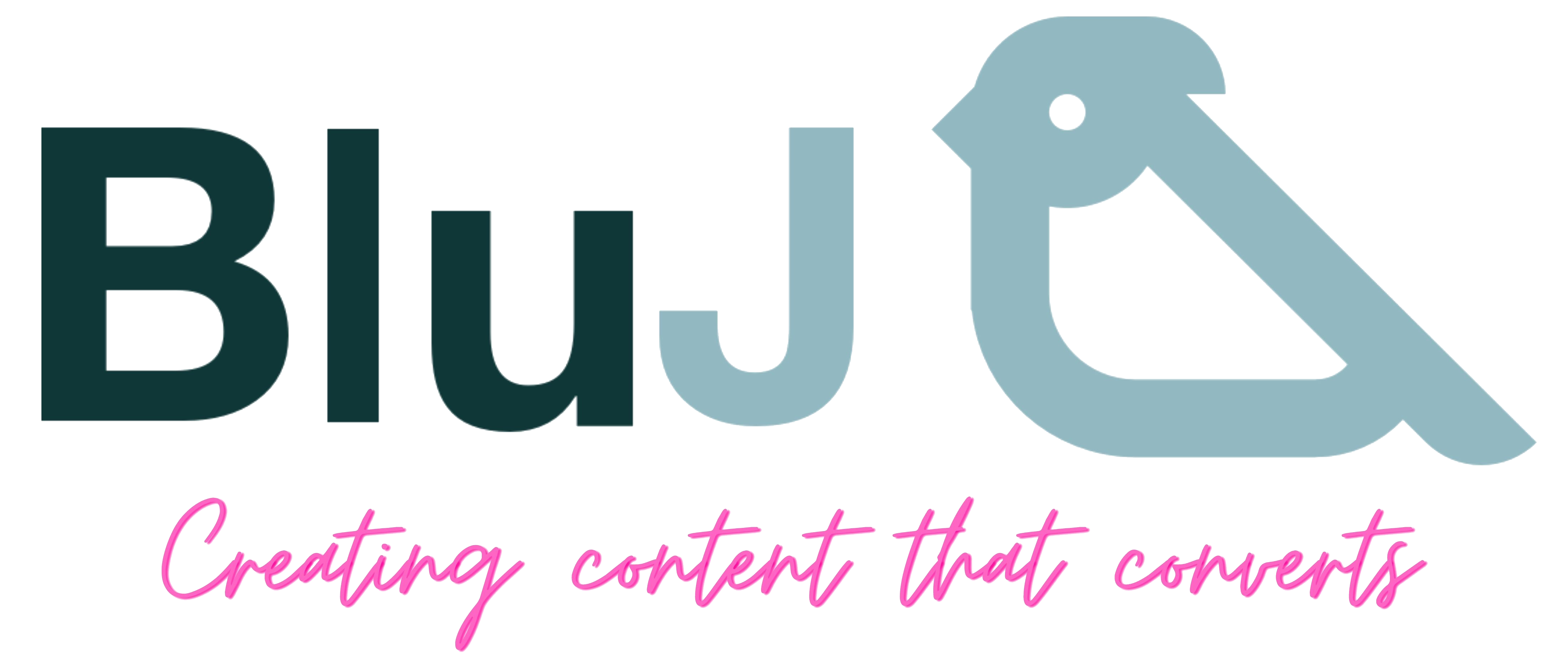
Envy is a powerful emotion. It is also the most misunderstood. Emotions like Envy aren’t the interior décor of our mind, they are tools, like a screwdriver. A motivational too. Envy is a great motivator, helping people go the extra mile, staying the course when the going gets tough, getting there early, and staying late.
Envy gets has a bad reputation, but this is because it tends to be confused with jealousy. Interestingly, envy and jealousy are two distinctly different emotions and they are designed to respond to different problems.
Jealousy is activated where “there is a threat to a valued social relationship” and envy is triggered “when someone else has something that you desire”.
I remember many years ago, playing in my first ever competitive football tournament. I was 8 years old. We played so hard and well, we got to the final, but were sadly beaten by a better team. I remember feeling so proud as I was presented with my first-ever medal. A runner-up medal. Well done to us!
The feeling of pride I had lasted all of 10 minutes until I noticed the trophy the winning team was handed. It was at that moment, I felt envy for the first time in my life. I now hated I was second and I had and still get a powerful surge of motivation to be better whenever I feel envious. It’s an emotion I think should be embraced and I have been able to harness it over the years to spur me on and go the extra mile.
We evolved to be creatures of “social comparison,” judging how well we’re doing personally and professionally by how we stack up to others. Envy basically functions as a social alarm clock. Evolutionary social psychologist Abraham “Bram” Buunk and his colleagues explain that the feeling bad we get from envy pushes us to get cracking to narrow the “gap” between ourselves and others.
Importantly, envy in and of itself isn’t ugly. Benign envy pushes people to work harder in hopes of matching or beating the competition. The upshot? Envy isn’t something to be ashamed of. You should just see that you use it in a positive way: as a tool for self-motivation instead of co-worker sabotage.
Granted, envy can feel like a bummer emotion, because you’re focusing on what you don’t have. But there’s also a positive way to look at that. It’s by identifying goals to pursue that you can start pursuing them. And that’s where my message comes in…
What separates successful people, the best Value-telling Content catchers, and the highly persuasive performances, is pure perseverance. So find and embrace your Envy.
Ultimately, envy is that trainer at the gym who pushes you (when you’re sure you’re near death from exertion) to go that extra rep—or, in our world, take those extra few minutes and capture that piece of value-telling Content they may just be the difference between a loss and a won decision.






